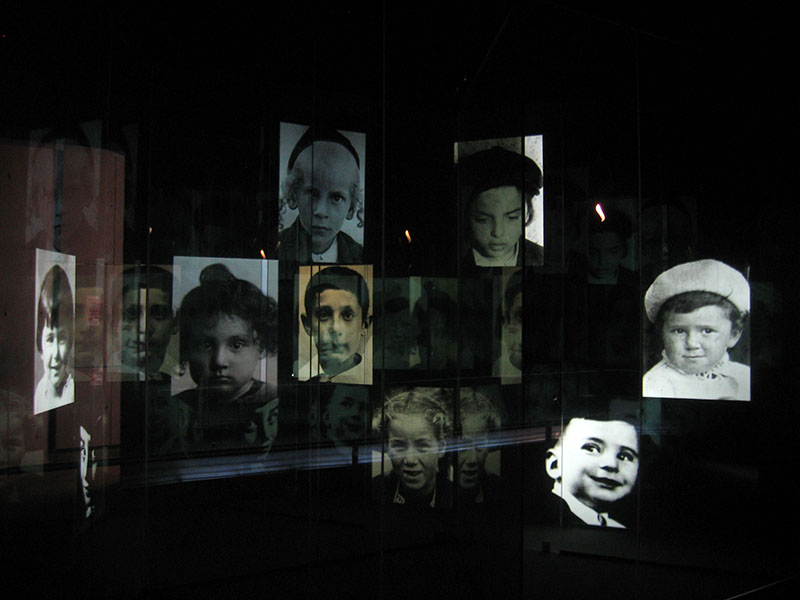Nearly one in six Canadians express views that could be considered anti-Semitic, though a majority believe the memory of the Holocaust should be kept alive, a new poll suggests.
Commissioned by the Friends of Simon Wiesenthal Center (FSWC) and conducted by Nanos Research, the random poll of 1,000 Canadians revealed that 78 per cent of those surveyed believe it’s important to perpetuate the memory of the Holocaust. The poll’s authors said this figure represents a “comfortable majority” of Canadians.
At the same time, 12 per cent of respondents said Jews “talk too much” about the Holocaust.
The study also revealed that almost one in six Canadians hold views that “could be anti-Semitic.” Fifteen per cent of respondents said Jews have too much influence in business, international financial markets and global media; 18 per cent believe Jews have too much power in global affairs; and 13 per cent said they have too much influence on the Canadian government.
Questions gauging attitudes on Jewish influence in finance, media and government – traditionally fertile ground for anti-Semites – yielded “unsure” responses ranging from 35 to 39 per cent.
The “good news” is that nearly half of all Canadians do not express anti-Semitic attitudes, while a majority want to keep the memory of the Holocaust alive, said the FSWC.
READ: RASH OF ANTI-SEMITIC, ANTI-ISRAEL POSTERS FOUND ON TORONTO STREETS
However, the survey found “what has long been suspected” by FSWC – that approximately 15 per cent, or five-million Canadians, express views “that could be construed as anti-Semitic,” the organization said in a statement.
If it’s true that 15 per cent of Canadians hold anti-Semitic views and more than one-third are unsure, this is “cause for alarm,” said FSWC president and CEO Avi Benlolo. “It means we have to double down on our effort to educate and advocate against anti-Semitism, hate and intolerance.”
The poll showed that in business, 47 per cent of respondents said Jews have the “right amount” of influence; 44 percent believed the same thing when it comes to international financial markets; 43 per cent said as much for the Canadian government; and for global media and global affairs, the numbers were 42 and 41 per cent, respectively.
As in similar polls in the past, Quebec registered the highest ratios of negative views about Jews, ranging from 19 to 27 per cent who cited “too much influence” in the various categories.
The survey also suggested that nationally, more men thought Jews have too much influence, compared to women.
Those in Quebec registered the highest rate of those who said Jews talk too much about the Holocaust, at 17 per cent. The lowest, at 3.5 per cent, was in Atlantic Canada, where 92.7 per cent said it’s important to remember the Holocaust.
We have to double down on our effort to educate and advocate against anti-Semitism, hate and intolerance.
– Avi Benlolo
Overall, 16.1 per cent of men said Jews talk too much about the Holocaust. Among women, the figure was 7.1 per cent.
Negative views about Jews’ influence in society ranged from 17.5 to 22 per cent among men and nine to 13.5 per cent among women.
The lowest numbers of those who perceive too much Jewish influence in government, media and business was in Atlantic Canada, where it ranged from 7.5 to 12 per cent.
In Ontario, negative views about Jewish power ranged from 8.6 to 14 per cent; in British Columbia, it was 12 to 23 per cent; and in the Prairie provinces, it was nine to 12 per cent.
The telephone and online poll was conducted between July 30 and Aug. 5. It has a margin of error of plus or minus three percentage points, 19 times out of 20.
